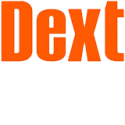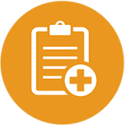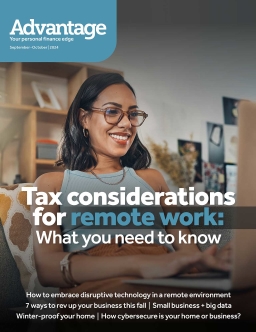FAQs for future freelancers

If you dream of starting your own business as a freelancer but aren’t sure it’s the right time to make the leap, these questions and answers will help you do your due diligence and set you on the right path toward future entrepreneurship.
Q: What traits should a successful freelancer possess?
A: You should be confident in your professional skills with the capabilities, organization and drive to back them up. Good industry experience and the ability to keep up with your work without being supervised are also important. You also need to be able to sell yourself and create new relationships with potential clients.
Q: What’s the number one thing to consider before going freelance?
A: It’s a good idea to have a client base (even a small one) before you start, and then keep it growing through connections. At the very least, you should start with a few connections who can provide you with prospective clients. If not, you’ll need to move forward with very modest expectations.
Q: When is the best time to transition from employee to self-employed?
A: The smartest strategy is to keep your day job until you have so much freelance work that you can’t handle both. If you quit your day job without sufficient self-employment income, it can be very stressful.
Q: What kind of capital do you need to strike out on your own?
A: Cash flow can be lean to non-existent for a new business, so make sure you have a cash cushion in order to survive those times. A good rule of thumb is to have at least six months of savings set aside—and to keep saving as much as you can.
Q: From a financial perspective, what are the key points prospective freelancers should keep in mind?
A: Try not to use credit cards to finance your business. However, you may want to consider getting a line of credit from your bank before you start your business. Applying for that credit line while you still have a paycheck as an employee is important because your loan application is more likely to be approved with a steady source of income. There are small business loan programs you may want to consider. Of course, you should have a business plan available to support any loan requests that you make.
Q: How do freelancers handle health insurance?
A: Do you have an option for COBRA when you leave your full-time job? Can you be added to a spouse’s plan? If not, can you afford to pay for it yourself? Is there a trade or professional group or a union that offers a group rate? Health insurance can be prohibitively expensive, so it’s something to consider carefully before you take the leap.
Q: Any advice on managing cash flow vs. expenses like quarterly tax payments?
A: It’s essential to closely manage your cash flow so you can pay your taxes on a quarterly basis to avoid late payment fees, penalties and interest. Set at least 35% of your profits aside to cover your tax payments in a separate savings account. You may also want to consider working with an accountant who’s familiar with small business and self-employment issues. And now, before you strike out on your own, is a good time to learn how to read financial documents and understand the numbers.
These are just a few of the key questions you should ask and find answers for before becoming a freelancer. You can discover more information from the Small Business Administration at SBA.gov or from SCORE (Service Corps of Retired Executives) at SCORE.org.
If you need guidance on starting a business entity and establishing financial controls, accounting or tax structure for your new business, please let our team know. We’d be happy to help!
Back to issue









